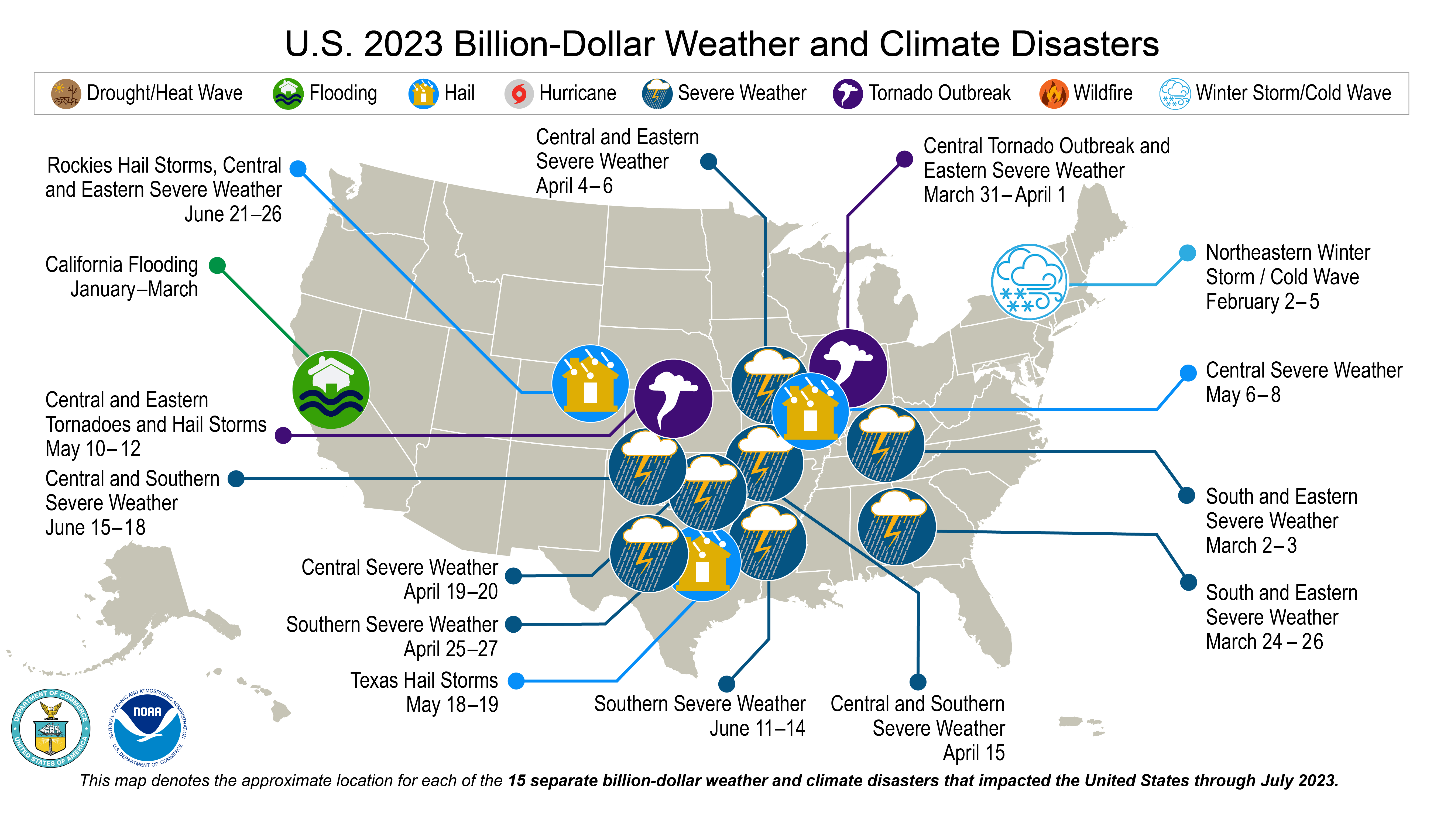Editor’s note: ImpactAlpha contributing editor Imogen Rose-Smith, a longtime senior writer for Institutional Investor, contributes a bi-weekly column on the policies, practices and strategies of the largest asset allocators, including pensions, foundations, and endowments. As Imogen says, she’s “tracking what investors do, not just what they say.”
Here’s the dirty little secret about ESG investing: Good companies can be un- (or less-) profitable. Companies that do bad things can be extremely profitable. It is not necessarily true that doing good always results in doing well. Sometimes quite the opposite can be true.
Sometimes doing the right thing – greening a supply chain, for example – can be costly. It might be in the best interest of the planet, but not necessarily shareholders.
Look at Facebook. Would Meta be where it is today if Mark Zuckerberg and Sheryl Sandberg had let pesky things like values get in the way of their all-consuming search for growth? Probably not. Will Amazon be able to operate so profitably if its labor force is allowed to unionize? Doubtful. Will Exxon or Chevron continue to profit if they give up their fossil fuel ambitions any time soon?
The prevailing thinking among leading voices in asset management and academia around sustainability and impact investing has been, for the past decade or so, that investors will do well by doing good. Good companies will out.
Such thinking gets around the thorny issue of fiduciary duty, because it neatly aligns ESG investing with the search to maximize profits. That separated the new wave from the old guard of values investors, who seemingly cared more (or at least equally) about the values and ethics of a company than its business performance or its financial returns.
Thus, for the past decade or so, earnest values-based investors – often living in Massachusetts or Vermont, possibly dressed in plaid and wearing Birkenstocks – have been out. Finance-first ESG investors – based in New York or London, driving Teslas and owning second homes – have been in.
Now Michael Goldhaber, a research scholar at NYU’s Stern Center for Business and Human Rights, is out with a white paper that upends that paradigm. In “Making ESG real: A Return to values-driven investing,” Goldhaber tells investors to stop worrying so much about profit, and embrace, where and when they can, a values approach.
Goldhaber argues that the ESG and sustainable investing crowd should be able to walk and chew gum at the same time. They should be able to withstand the ideologically driven onslaught from critics on the right, who disparage “woke capitalism” as a new front on their never ending culture wars, while also assessing and addressing what are true problems with ESG investing.
Specifically: ESG, as currently constructed, doesn’t work and doesn’t deliver on the values it promises to investors. Instead, it is largely driven by large index funds that are doing nothing of substance to change the world and are often still invested in companies, such as large oil and gas businesses, that their investors do not particularly like.
Rather than accept the current half-assed compromise of the fee-gathering asset management industry and the confusing mishmash of meaningless industry ratings, we should, Goldhaber argues, go back to basics. Start with, and actually invest in, what we believe in. Not because it is always profitable, but because it is where we want the world to go. Sure, we might at times leave a little money on the table, but we’ll be investing in what we believe in.
In many ways this framing represents a throwback to the old social responsibility days. But I actually find it refreshing. It frees us, as individual investors and even for some institutions, from having to pretzel ourselves into arguing “the business case” in which profit and purpose can always be aligned (many diversity, equity and inclusion arguments, for example.) And allows us rather to proudly claim that we want to be investors who care about values, including reducing income inequality and addressing the climate crisis.
Against a backdrop of global unrest, and the tragedies playing out in Israel, the Gaza Strip, and Ukraine, it no longer feels naive to want to lead with values. Rather, it seems refreshingly simple, and the right thing to do.
Fiduciary duties
“I hope the many, many impressive good faith actors in this field who are doing their best and doing it for all the right reasons don’t take our work as in any way an assault on them,” Goldhaber told me in our Zoom call recently. “Because it is not.”
Just because Republican politicians have launched an attack on environmental, social and governance, or ESG, investing, does not relieve the field from the need to fix the real problems with the approach. “We think there is room to fight off the know-nothing red state politicians and also to be thoughtful about identifying the real problems,” he said.
Goldhaber graduated both law school and Columbia Journalism School and was formerly a legal reporter. In his view, ESG took a wrong turn when large asset managers like BlackRock started showing up at the sustainable investing conference once fondly known as SRI in the Rockies, which had long been popular with the Birkenstock-wearing, tree-hugging crowd. “The conceptual error at the heart of current ESG frameworks is that they measure how environmental and social risks may harm shareholders, rather than how business may harm the world.”
This finance-first approach to ESG is misguided because, first, firms often act in ways that harm society without negative consequences to shareholders. Second, ESG policies often add costs the shareholders are “unwilling to tolerate because they reduce shareholder returns,” even if those policies might be cost effective over the long-term. And third, “Centering ESG on financial returns misleads many investors who assume that a fund labeled ‘ESG’ is values-driven. Instead they are fed exaggerated marketing claims by funds that are failing to achieve the traditional objective of protecting society.”
He agrees with other critics that the current world of conflicting and confusing ESG ratings is a disaster, and makes the case for more and better disclosure, so investors can do their own due diligence.
But Goldharber’s most provocative suggestion is that investors jettison this finance-first approach to ESG, and rather invest with their values.
Goldhaber doesn’t mean all investors. He recognizes that pension plans, in particular, have a fiduciary duty that means they can not legally put values before profit. Goldhaber says he is “not trying to push any institutional investors past their comfort point.” He adds: “To me the law is crystal clear. They can not alter their fiduciary duties in any way. Nor should they.”
Nor do they need to. Goldhaber says institutional investors have a lot of say when it comes to what is and is not material to their investment decision making. “Materiality is defined as what investors see as material,” he says. “Market actors have the power through their actions to shape what materiality means.”
All investors should be thinking about the long term, he says. “Not only in how destroying the climate will impact long-term value, but also what stoking inequality will do to destabilize the entire national and global economy.”
For universal investors that ‘own the market’ (and that includes anyone with a 401(k) as well as huge pension and sovereign wealth funds), there is good reason to think about how social and environmental issues affect the economy as a whole, he says. “Just as the constitution is not a suicide pact, fiduciary duties are not a suicide pact.”
That is, even institutional investors do not have to blindly follow a narrow interpretation of fiduciary duty to their, and our, deaths. They, and we, have a choice.
Just Say No
Goldhaber calls the idea that good businesses must always be tied to good investment returns a myth.
“I think that was a trap,” he says. “It’s a myth. But also, because it’s a myth, I think it distorted the field. And because it’s a myth I think it leaves the field vulnerable.”
Values-based investing does not have to be what it once was. Historically the knock on values-based managers, mostly long-only active equity mutual funds and separate account managers, was that they cared only about the relative ethical, social, and environmental merits of their companies (‘G,’ or governance, historically having been less of an issue, and more the purview of institutional asset owners). This led some managers to underperform because they would stick with a stock regardless of valuation or performance.
The new generation of values-oriented investment managers (pioneered by the UK-based Generation Investment Management, founded by Al Gore and David Blood, though they would consider themselves to be finance-first investors) looks at values and valuation. They are financial stock-pickers in addition to arbiters of ESG.
This change in approach meant that even if investors might sacrifice some returns – for example, under-performing when oil prices are booming – they didn’t ignore financial considerations completely. They might even find that their funds and underlying business do better, or at least as well, over the long term, given the impact that factors like climate and inequality are likely to have on long-term economic results.
But it is refreshing to make the decision to just say “no” to certain companies or business sectors. “There is a lot to be said for just staying away from evil stuff,” Goldhaber says.
Goldharber argues that impact investors are in many ways natural values investors, because they are looking at the overall economic and environmental effect of their investments. And because they tend to invest in smaller companies, targeting specific activities, more often than multinational corporations which tend not to internalize, or be truly held accountable for, their negative externalities.
Those with a fiduciary responsibility to invest for the best and highest value are held to a higher bar, of course. Even there, however, groups like Shareholder Commons argue that shareholder primacy still requires investments in companies and businesses that serve the common good, rather than prioritizing individual corporate gains. That is, just because certain actions are good for, say Exxon, doesn’t mean they are good for universal owners (again, all of us), who will benefit most from general economic improvement, and not from driving the world into a ditch over climate change.
What is appealing about Goldhaber’s analysis is that it requires far less intellectual hard work. We can just agree that we don’t want to do bad stuff. And we want to invest in good.
Disaggregating E, S, and G
The other part of Goldhaber’s paper I find compelling is his call for investment managers to disaggregate the E, the S and the G. He points out the acronym was only formed by the United Nations in 2004.
“There was utility in lumping those scorned E and S values with corporate governance, a well-established and venerable cause,” he said. Under the banner of good corporate governance, pension funds had been pushing for decades to make managers more accountable to shareholders.
Often, however, there is no synergy between the E,S, and G. A company might do well on the “E” (this is true of most social media companies for example), but score terribly on the “S” and the “G.” Or, a business may score well on specific criteria – think Tesla on the clean energy transition – but fall down on others (Tesla, again).
Consider that Phillip Morris, a tobacco company whose product literally kills people, is included in the S&P ESG Index, with an ESG score double that of Tesla’s.
Goldhaber argues that managers should unbundle the E,S and G and focus on specific trends and themes that they clearly identify. One type of fund might focus on the clean energy transition, for example, and include commodity conglomerates Glencore and Rio Tinto, given the importance of minerals like copper, lithium, and cobalt to battery development. An investor interested in human rights and fossil fuel divestment, however likely would not want either of these companies in their portfolio.
If there’s a villain in Goldhaber’s paper, it is the large asset management firms – cough, BlackRock, cough – that are pumping out ESG index funds largely as an asset-gathering and marketing exercise, while having little-to-no impact on improving the quality of life for people or the planet.
Goldhaber leans heavily (a bit too heavily, in my opinion) on the experience of Tariq Fancy, BlackRock’s former chief investment officer of sustainable investing, who was so disillusioned with what the company was actually doing in and around ESG that he quit the company, wrote a searing critique of BlackRock and the sector, and then was forced to write a book and go on to the speaker circuit.
For BlackRock, Goldhaber explains ESG means looking at factors “that are material for enterprise value creation, rather than those that address a company’s impact on society.” That’s the distinction, as some put, between “single materiality” and “double materiality.”
Goldharber also objects to the habit of BlackRock and other ETF providers, of following a “best in class” approach to portfolio construction. Rather than excluding a sector or type of company completely, fossil fuels for example, an ETF provider will select the company or companies that score best in that relevant sector. That practice has led to ExxonMobil being one of the top 20 holdings in BlackRock’s $12 billion iShares ESG Aware MSCI USA Exchange-Traded Fund, or ESGU.
Such an approach can be ineffective, Goldharber argues, as well as misleading. BlackRock and others are marketing these strategies as making the world a better place. Most ESG ETF funds are really doing nothing to save the planet or improve the lives of those living on it.
Goldhaber, unlike Fancy, does not think we should abandon ESG efforts completely. Rather, he says, the whole sector needs to be radically rethought and redesigned.
ESG is dead, once again. Long live ESG.
Imogen Rose-Smith is a contributing editor at ImpactAlpha. A longtime senior writer for Institutional Investor, she was most recently a fellow in the Office of the Chief Investment Officer of the University of California. Catch up on all of Imogen’s Institutional Impact columns.











